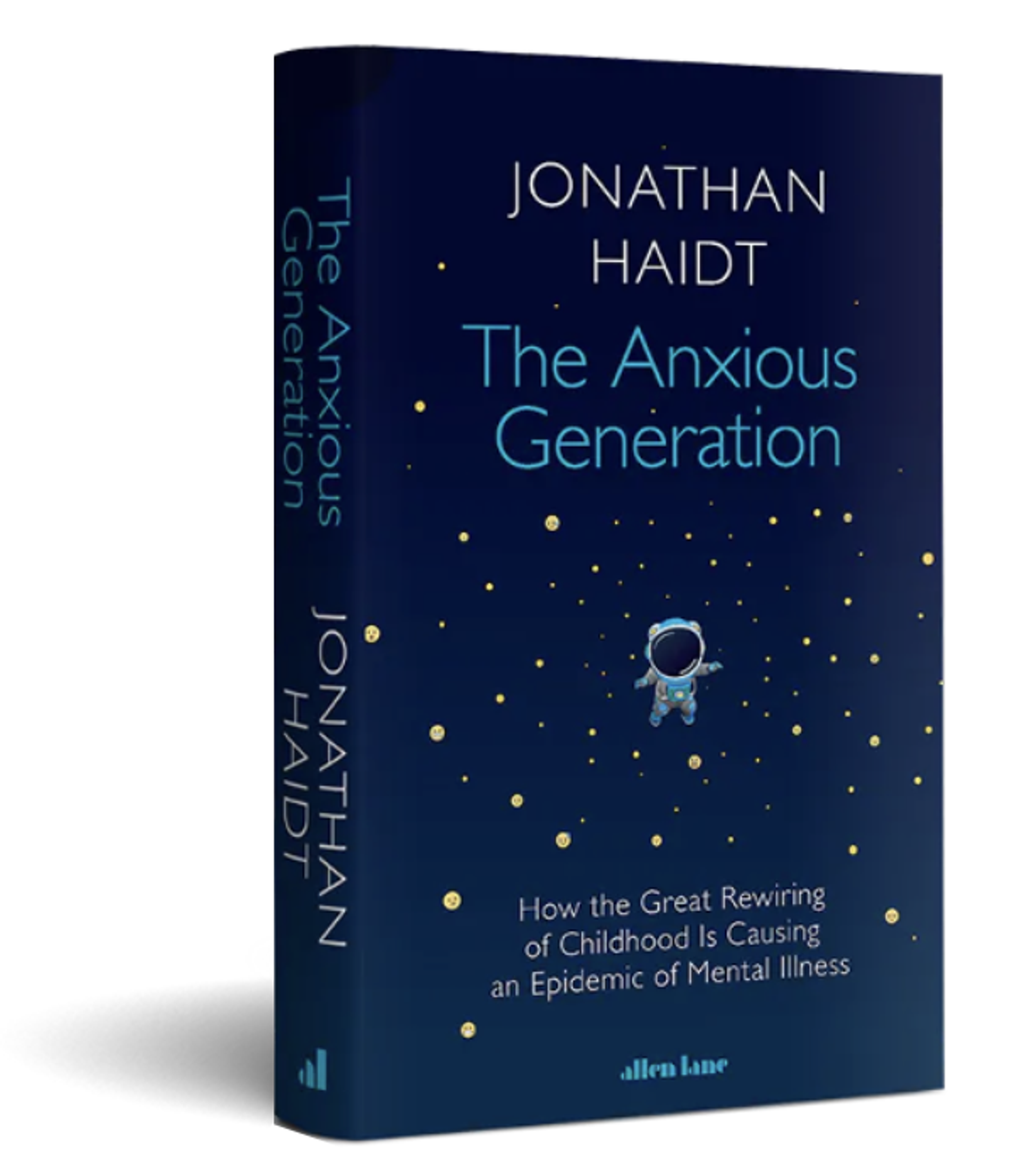Winter Book Club

Chapter 9: Preparing for Collective Action
Chapter 10: What Government and Tech Companies can do now
This week, the South Australian and Victorian State governments announced that they would be working to implement legislation that would require tech companies to restrict access to social media for children and teens. The South Australian government has set 16 years and under as the limit and also announced a trial of age verification software. Victoria set its limit at 14 and under. The federal government has reinforced this by expressing its intention to also ban younger teens from accessing social media before the next election, with more details to be announced.
The Prime Minister highlighted the widespread concern of many, many Australian parents who are finding it challenging to maintain boundaries for their children and who have seen their children or teens adversely impacted. He has argued that parents are looking for support from the government through legislation.
As I read more and more information that highlights the potential damage to the physical, emotional, neurological and social development of young people, I have been interested to also listen to the counter arguments. One of these is that the emphasis should be on education rather than implementing a ban. Yes, education is vital and will continue to be so even if a ban is in place. Legislation and education need to go hand in hand. Could the importance of wearing seatbelts, drink driving or using a phone while driving be a fair comparison? In each of these cases we know that legislation and education are both required. I think I am realistic in believing that legislation will not stop all children and early teens using social media. I hope at the very least, it will slow the rate of spread and the intensity of use. While legislation helps protect our children and teens through such a critical stage of development, we can also be using this slowdown to try to make an impact in terms of education.
The other key counter argument is that there are a small number of students from minority groups who experience a benefit from social media because they can find their ‘tribe’. I would hope that we can be a loving, caring and supportive community for all. Sometimes we can overlook how wide the range of ‘normal’ is. Surely, we can provide love, guidance and sources of accurate information without young people needing to find their acceptance and identity among strangers? Equally, such minority groups can find themselves the target of extreme online abuse.
While there is ground to cover before legislation is in place, it will still need a collective effort to change habits and norms among young people. I hope this can be another weapon in the armoury to help protect our young people from some of the more damaging impacts they are experiencing as part of a digital childhood.
Jodie Bennett
Principal
